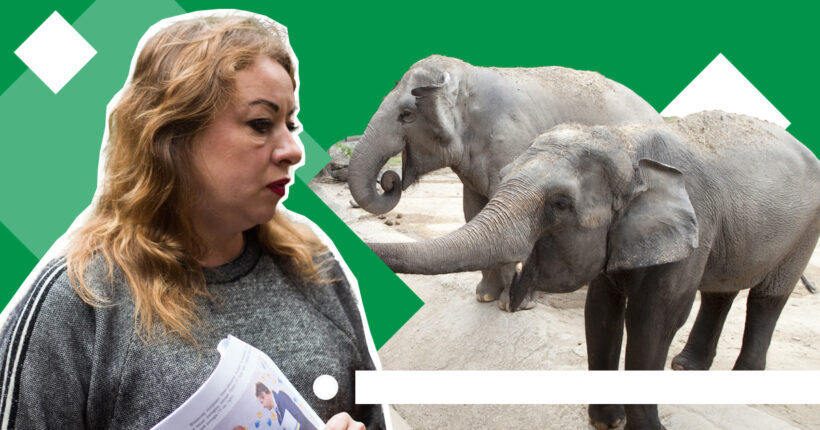
Later, the director of the Lutsk Zoo will say: "We are not a factory or an office. We couldn't help but go to work because the lives depended on us." Rubryka learned how the zoo works in war conditions, how it took in evacuated animals, and how it sheltered dozens of pets of people who had to leave their homes.
"To be almost alone on the territory of 4 hectares"
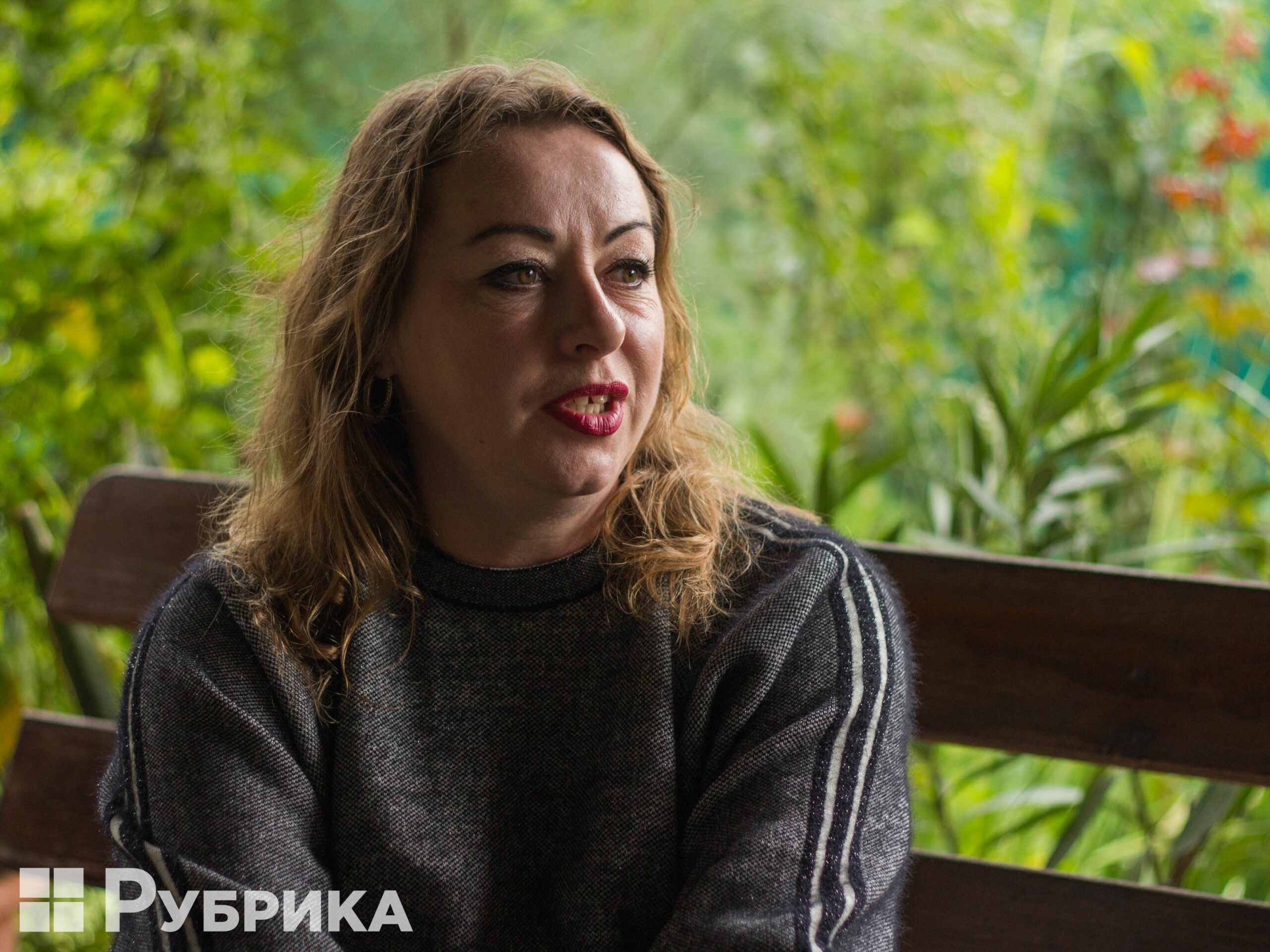
Lutsk. The year 1996. A familiar girlish figure appears at the gates of the zoo. She has her usual beg in her hands. There is bread, vegetables, and some fruit — food that neighbors give the girl daily to take to the animals. And she takes it, gives it to the workers, and then looks at tigers, eagles, meerkats, and swans for a long, long time. Then she runs to the university, home, or to friends. The next day, she returns again.
This is how Lyudmila Denysenko's story began at the Lutsk Zoo. Now, more than 20 years later, it continues. Only the volunteer status has changed to director status.
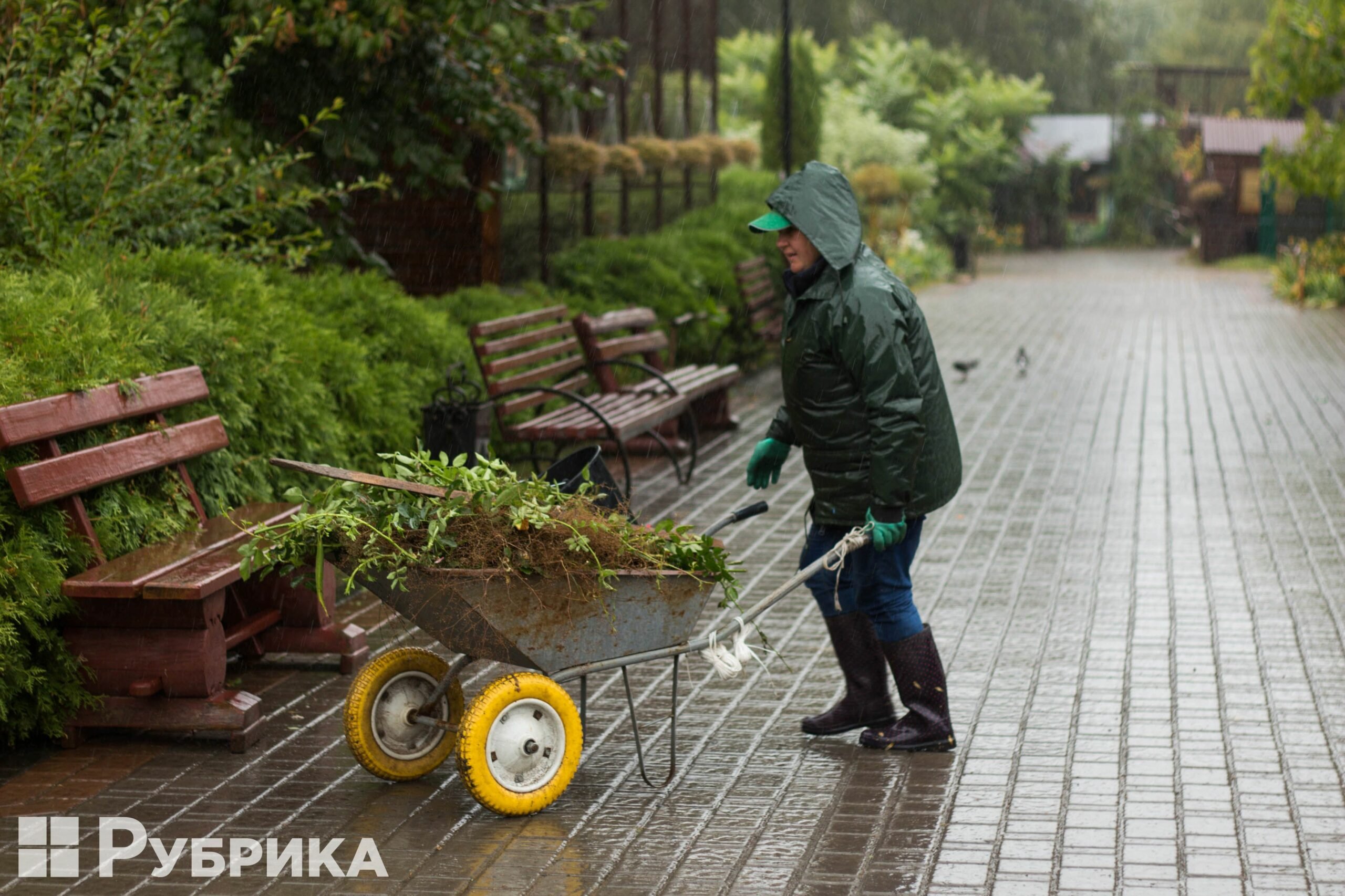
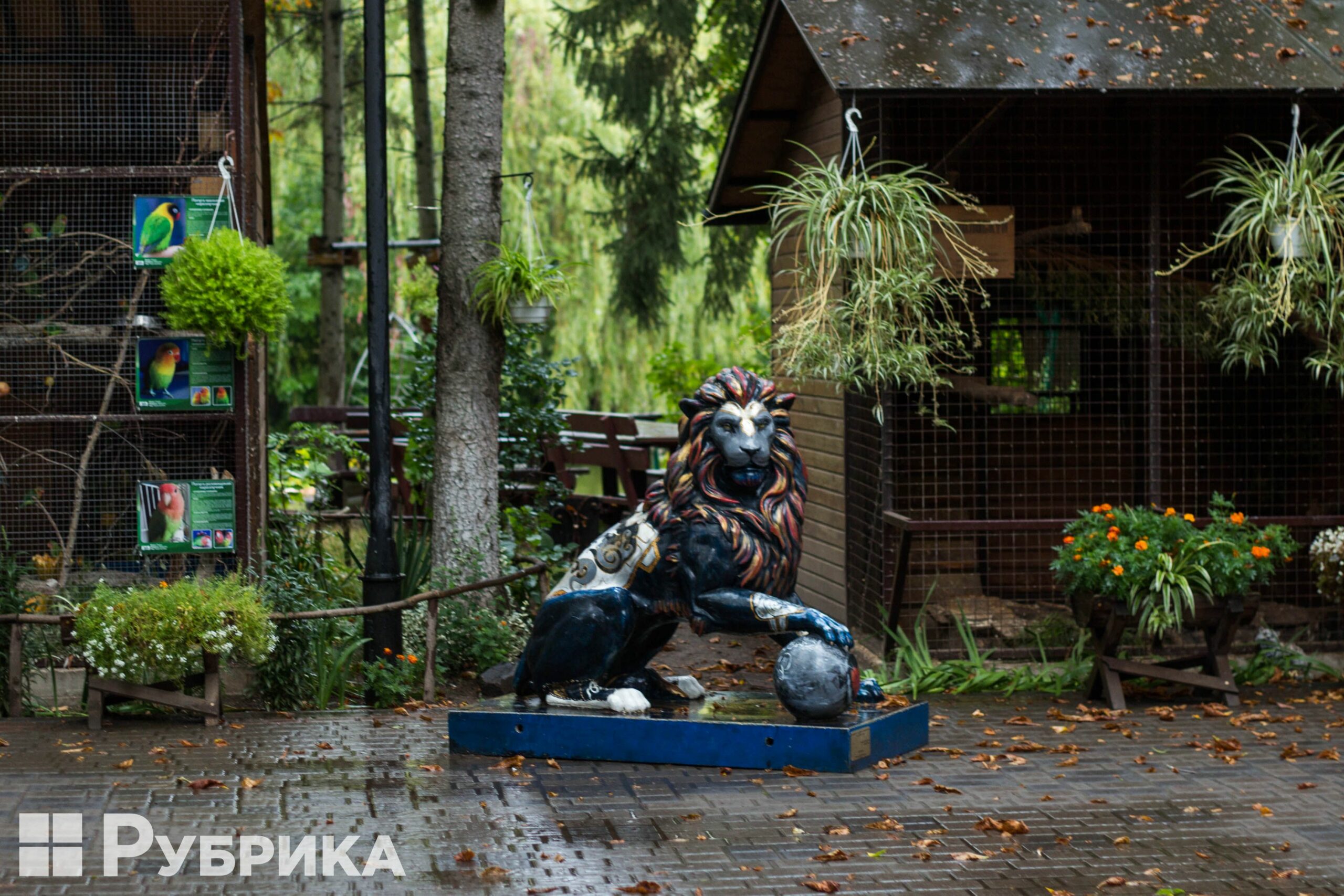
"After the declaration of Ukraine's independence, almost all enterprises were in a very shaky state. The zoo was no exception. Since I lived nearby, when I was walking, I saw those hungry animals and realized that I could help in some way. At least ask all neighbors not to throw away unnecessary bread but to give it to animals. This is how my volunteering began.
And although I chose a philology major when entering the university, I still had to take the entire philology course to the zoo, showing them what animals there are. When we had to be appointed somewhere in the 5th year of university, the then-director of the zoo himself gave me a referral here. The committee asked what I would do at the zoo. As you can see, the job was found," Ms. Lyudmila laughs.
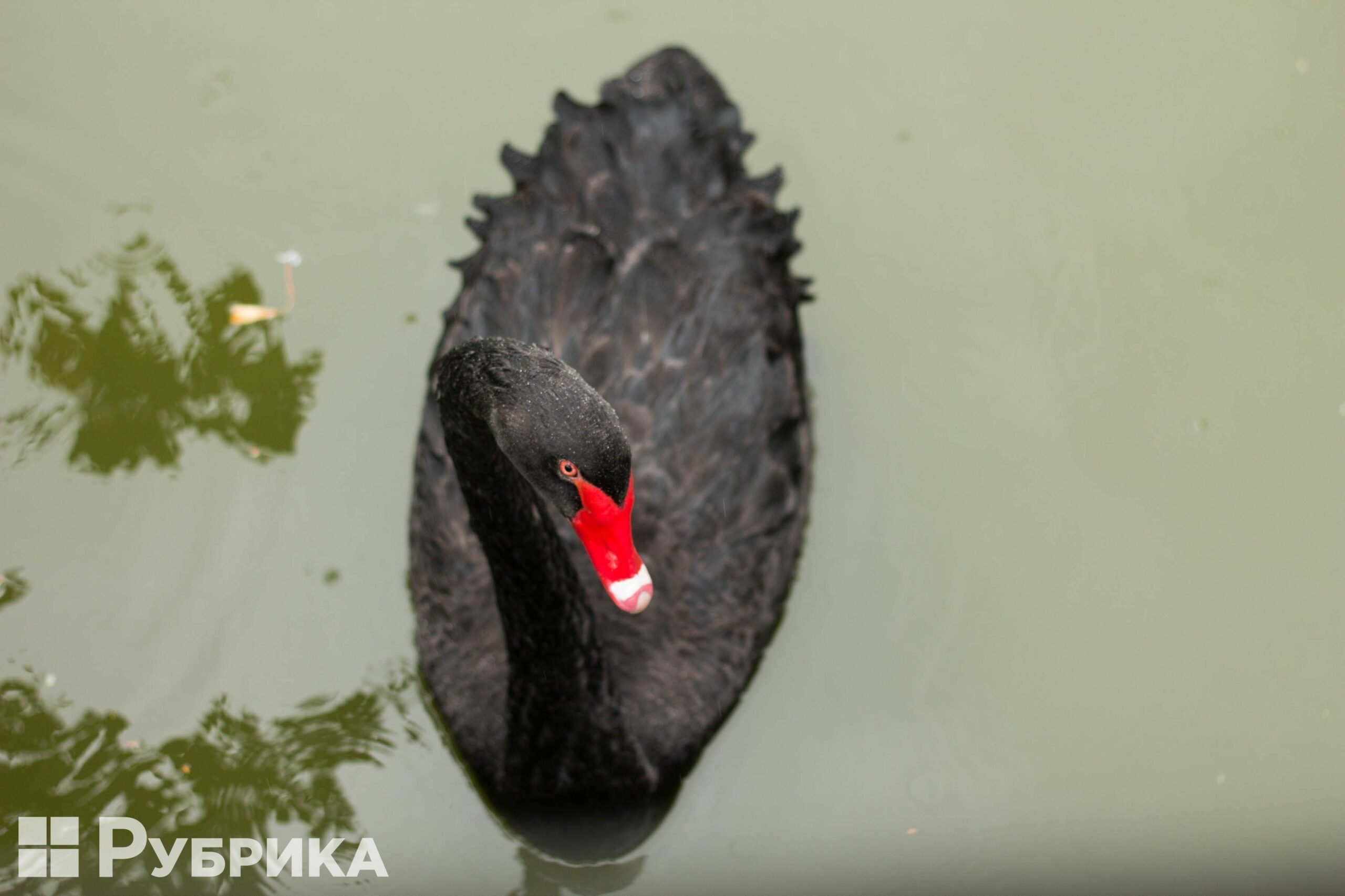
And she really has no shortage of work. And with the beginning of a full-scale war, the troubles only increased. While walking near the swan pond, the head of the zoo tells her story — her February 24th began with explosions and calls from employees who apologized and said they were already on their way to the border.
At home, the woman collected water in case of damage to the water mains and went to work. Together with other workers who came to the animals with her, Ms. Lyudmila spent the whole day counting the food stocks and drawing up an action plan in case everything ran out, and the suppliers refused to come.
On the same day, her husband joined Territorial Defense, and she returned home in the evening and, as she says, took the most precious — two sons, two dogs, and a cat. They spent the next night together at the zoo.
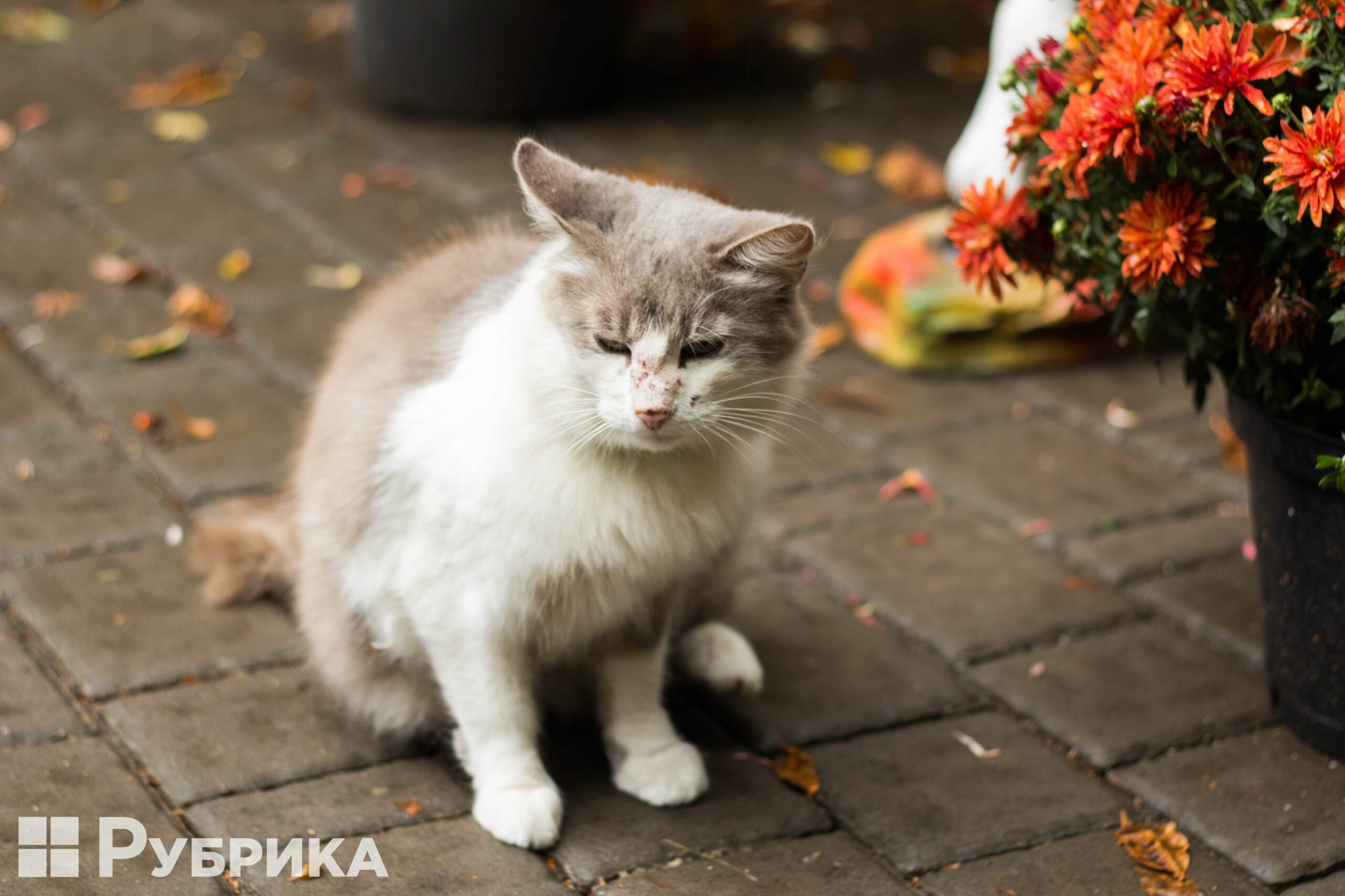
"The workers and I took turns. Because if something happened, it is not a fact that someone could come as quickly as possible. Public transport ran very poorly, and a curfew and silence regime was introduced. So I spent the first night here. It's tough to be practically alone on a territory of 4 hectares," the head of the zoo shares.
"Mourning animals"
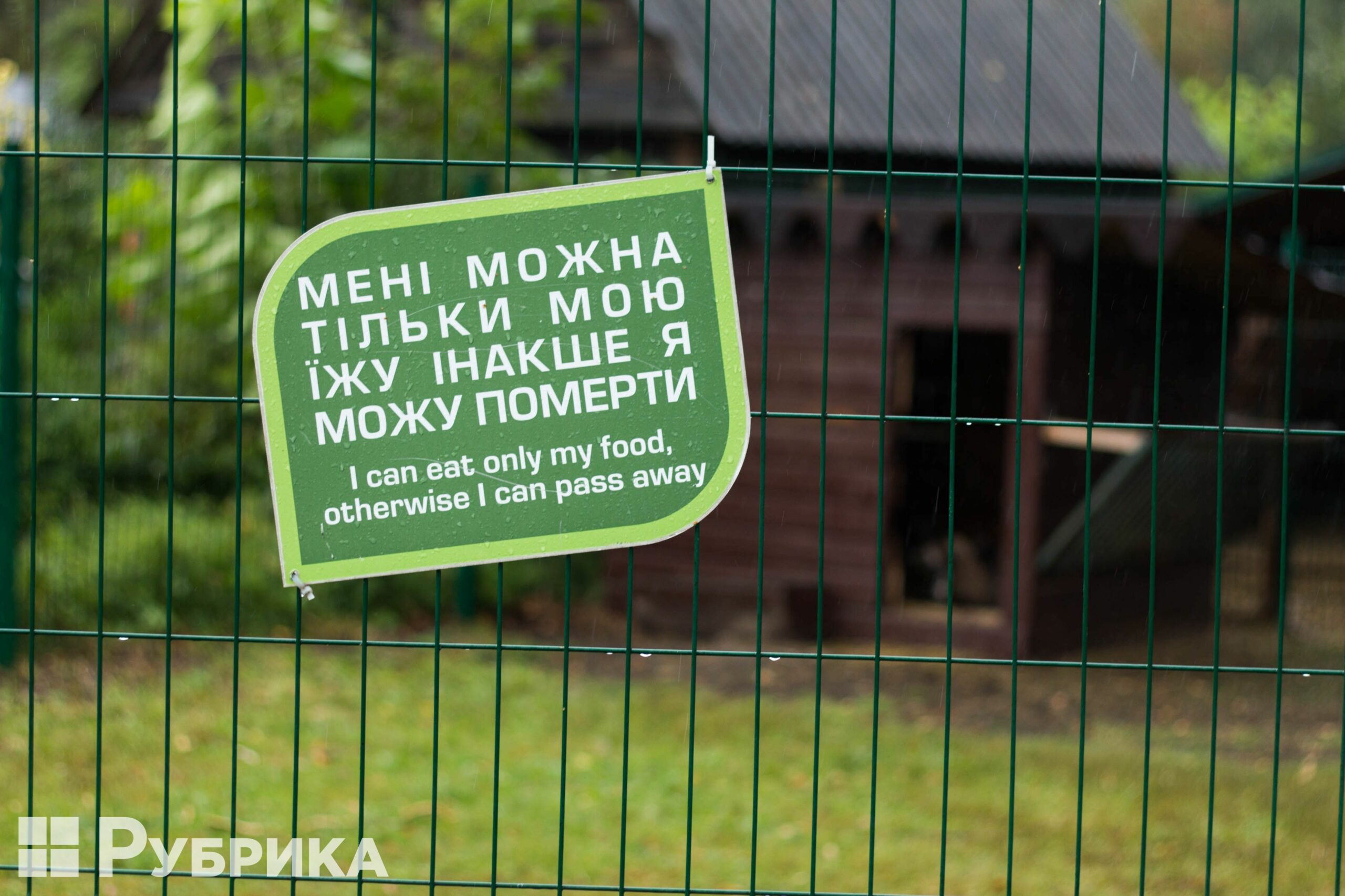
In the first days of the full-scale war, suppliers could not get to the zoo, and the treasury service did not work either. Supermarkets and grocery stores, to which a car from the zoo came every night to pick up products taken off the shelves, began to give away ten times less food than before.
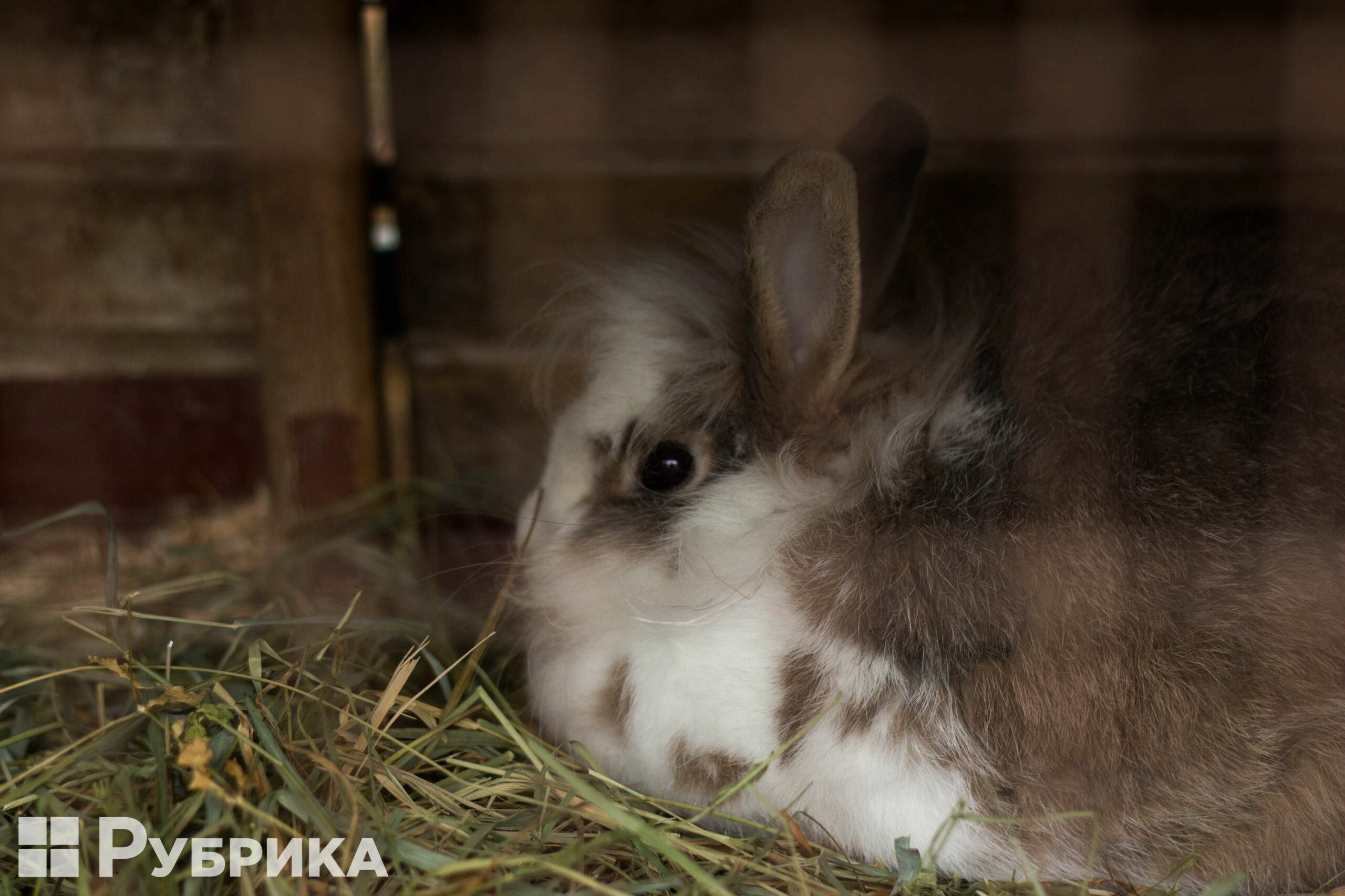
Mrs. Lyudmila says that the zoo, trained by previous crises, had certain reserves. They were enough until the supply more or less stabilized again and until the first help from partners began to arrive. Then the Lutsk Zoo itself began to help those who found themselves in much greater trouble.
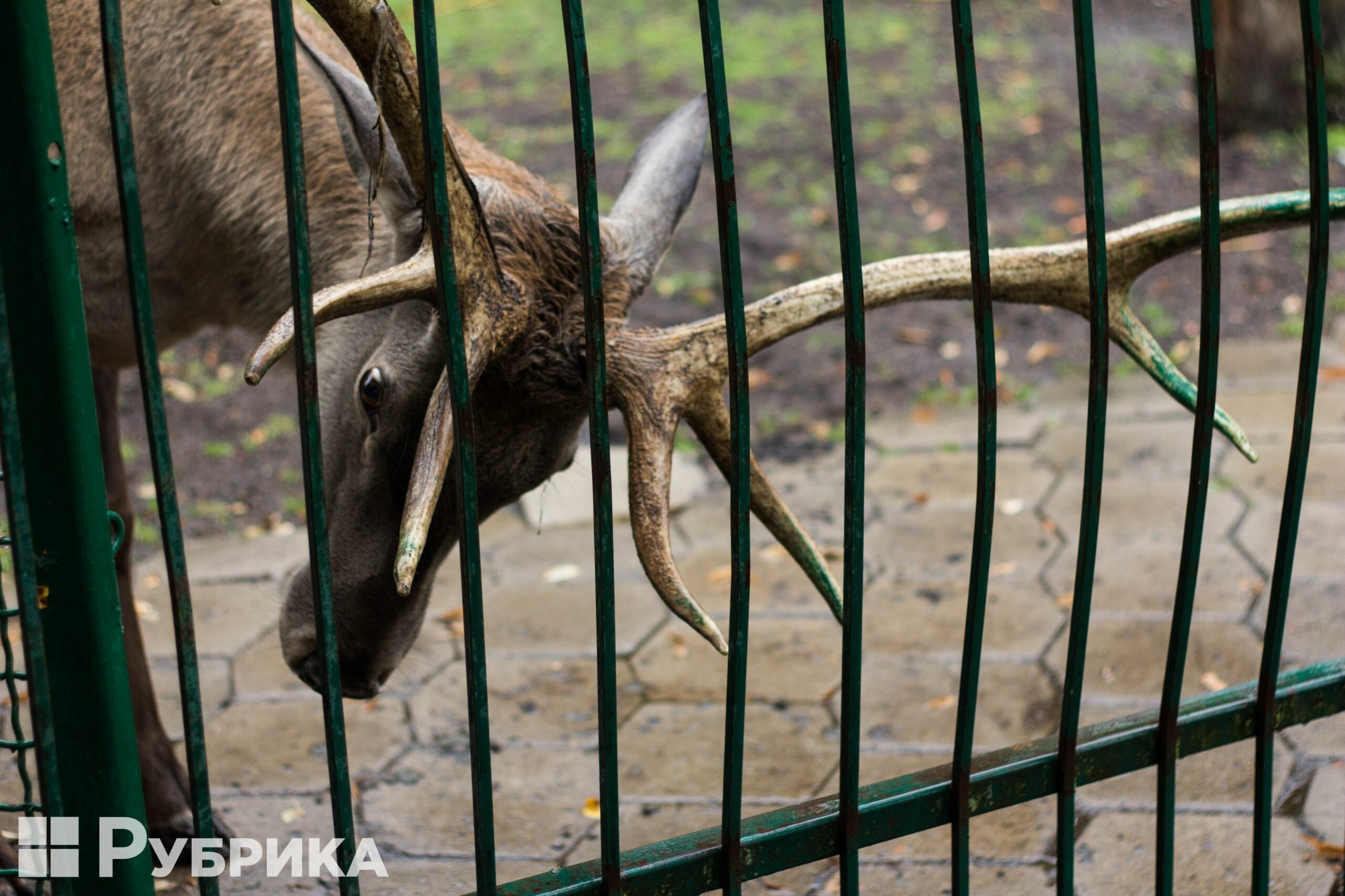
"All the heads of the zoos from the first days of the full-scale war followed the news from other zoos. And everyone was worried about the situation in Kyiv and the Kyiv region. The owner of the "12 Months" zoo in the Vyshgorod district reported that the animals were without light and that they were freezing. He said that it was not possible to deliver feed. The bridges near them were blown up, so it was impossible to get there.
And not only the animals were hostages of the situation, but also the zoo workers who, despite the occupation, performed their duties. Therefore, when Mr. Mykhailo called with a request to shelter some animals, we did not even think twice."
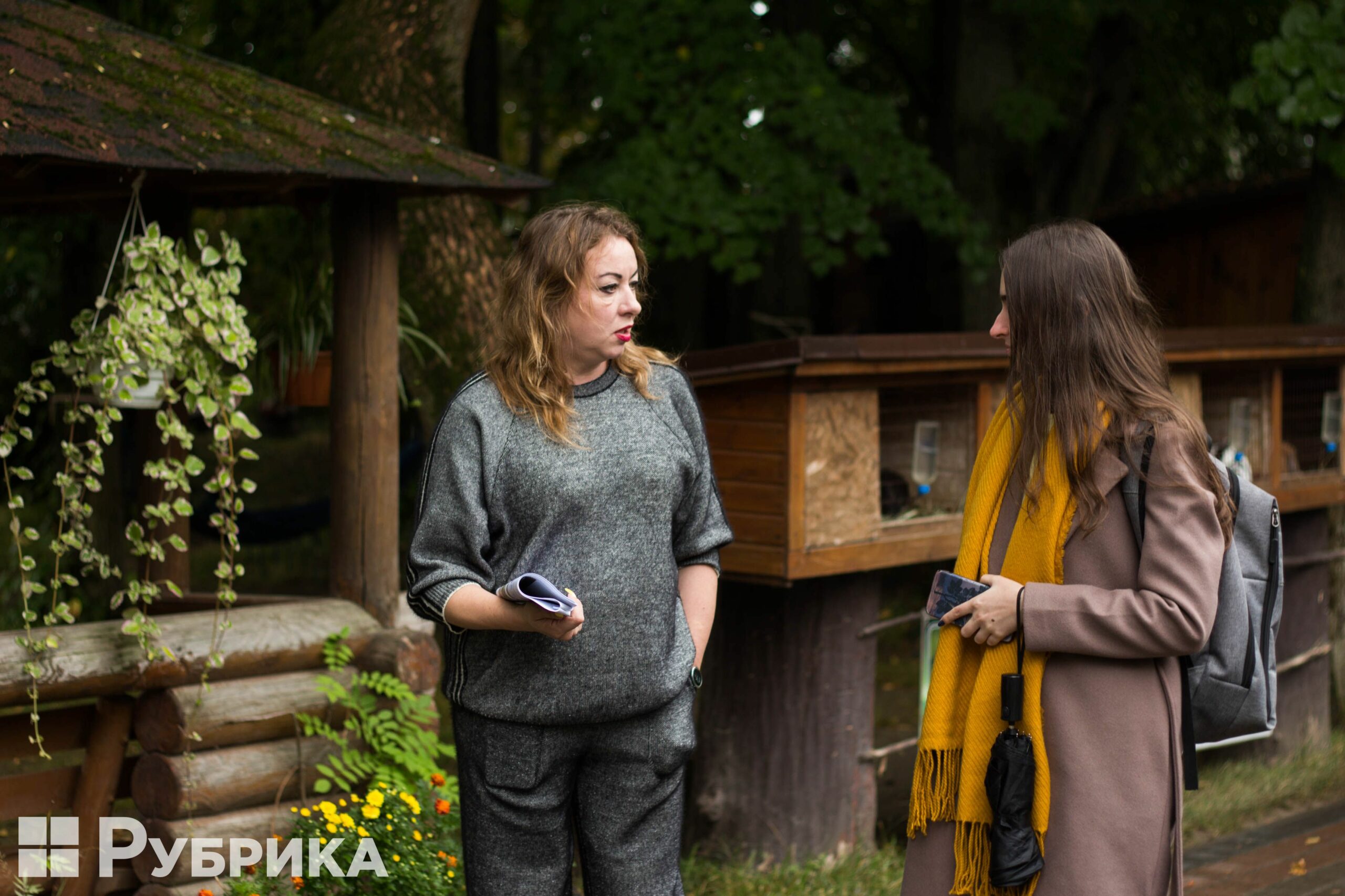
Thus, 11 primates entered the Lutsk Zoo:
"These were two groups of capuchins and small primates, tamarins. Since the bridges were blown up, they were refloated by boats to where the car could already come. And then first they were taken to the Rivne Zoo, and we drove there in our car and took them to ours.
We know of mourning people, and these were mourning animals. They were thin because the food supply situation was clearly not going well. They felt those explosions, fighter jets flew over their zoo, and there were even battles nearby, and that's why they were scared. You could read it in their eyes. Therefore, our employees tried their best to put something better, to talk, to pay more attention. We were very happy when they became more responsive. After two months with us, they went home in much better condition," the director of the zoo says.
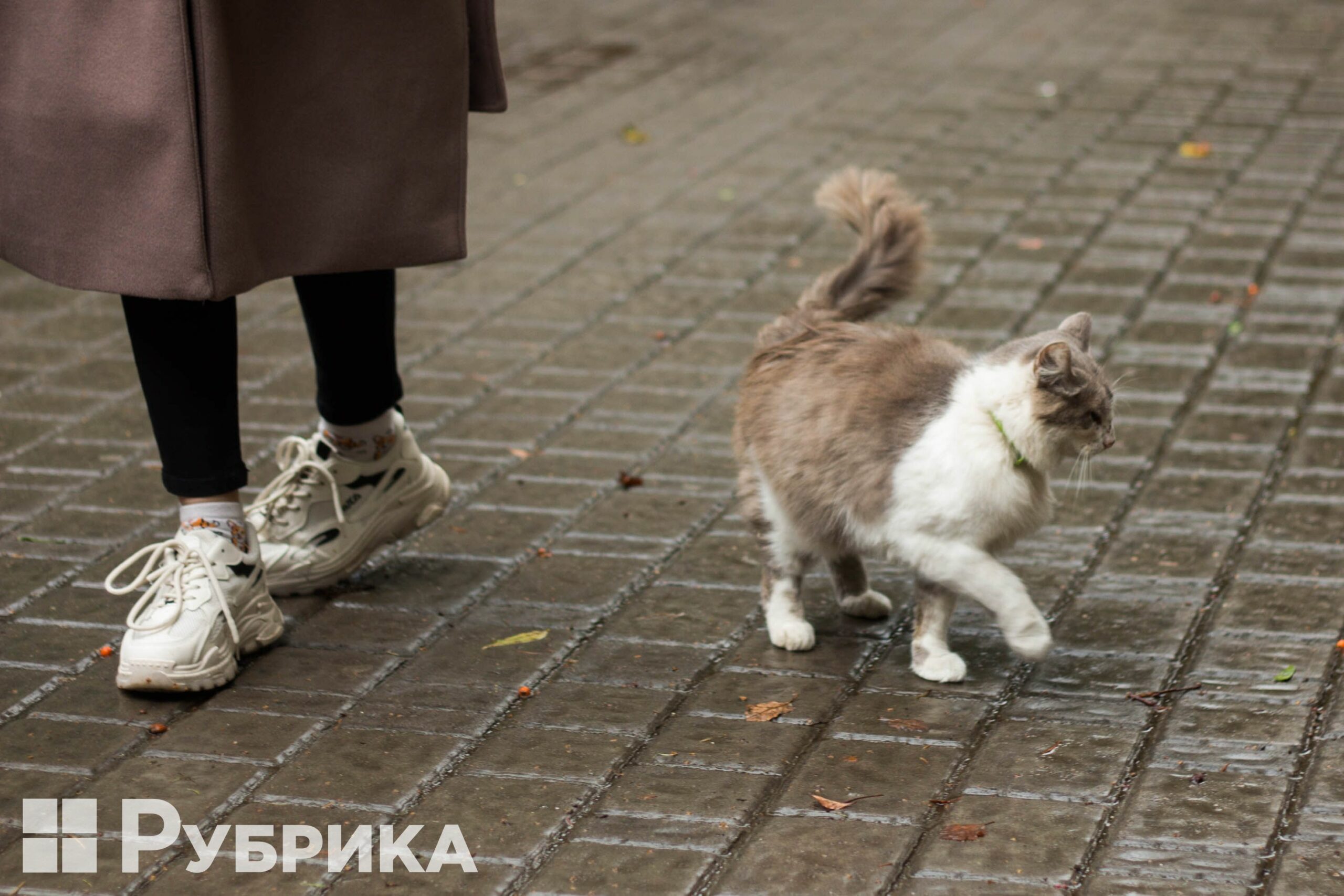
In addition to the zoo's residents, many domestic animals from the Kyiv region came to the Lutsk zoo. Many people who went abroad left their pets in the zoo.
"We didn't announce that the zoo would accept animals because they would have brought all of them to us. We did not refuse anyone who applied. And these animals continue to live with us. For example, we were given a family of chinchillas and promised to take them back after the war. And there are many such animals."
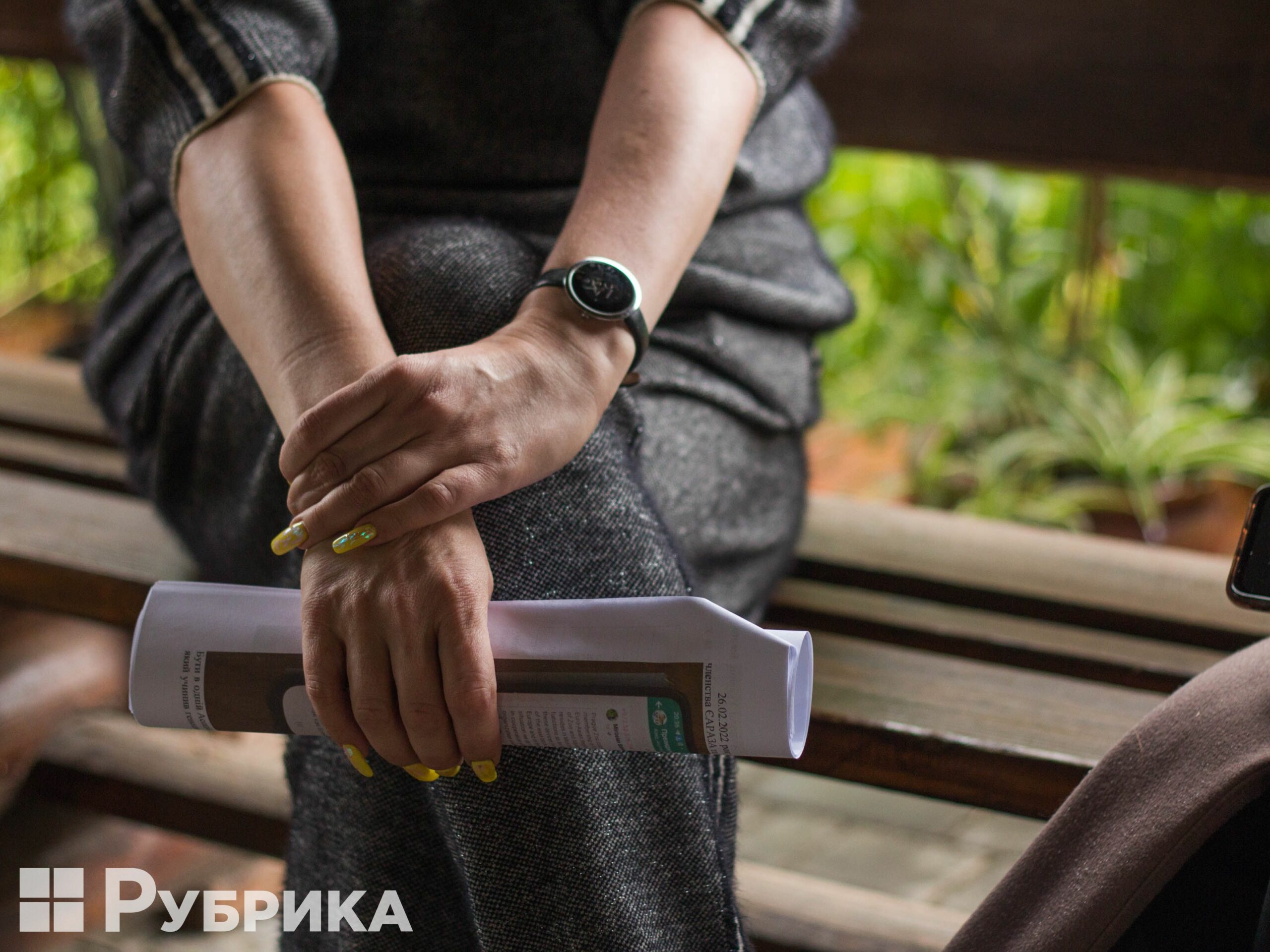
In addition, the Lutsk Zoo joined in helping IDPs with animals. The director explains:
"Not all landlords were happy with pets. We had one family that came from Zaporizhzhia, they took a shepherd dog with them, and the owner of the apartment refused to accept the animal. And they either had to spend the night in the car until they found an apartment or give the dog to the zoo. I said that it goes without saying.
They brought him literally in an hour and were standing and crying over that enclosure. I ask what they are crying about, and they say, "We are sorry." I assured them that we would not keep it to ourselves. I have 18 dogs and 40 cats in the zoo. That dog stayed with us for five days until they found a nice apartment and took their friend. We had about 20 such cases."
Birdsong and the first encounter with war
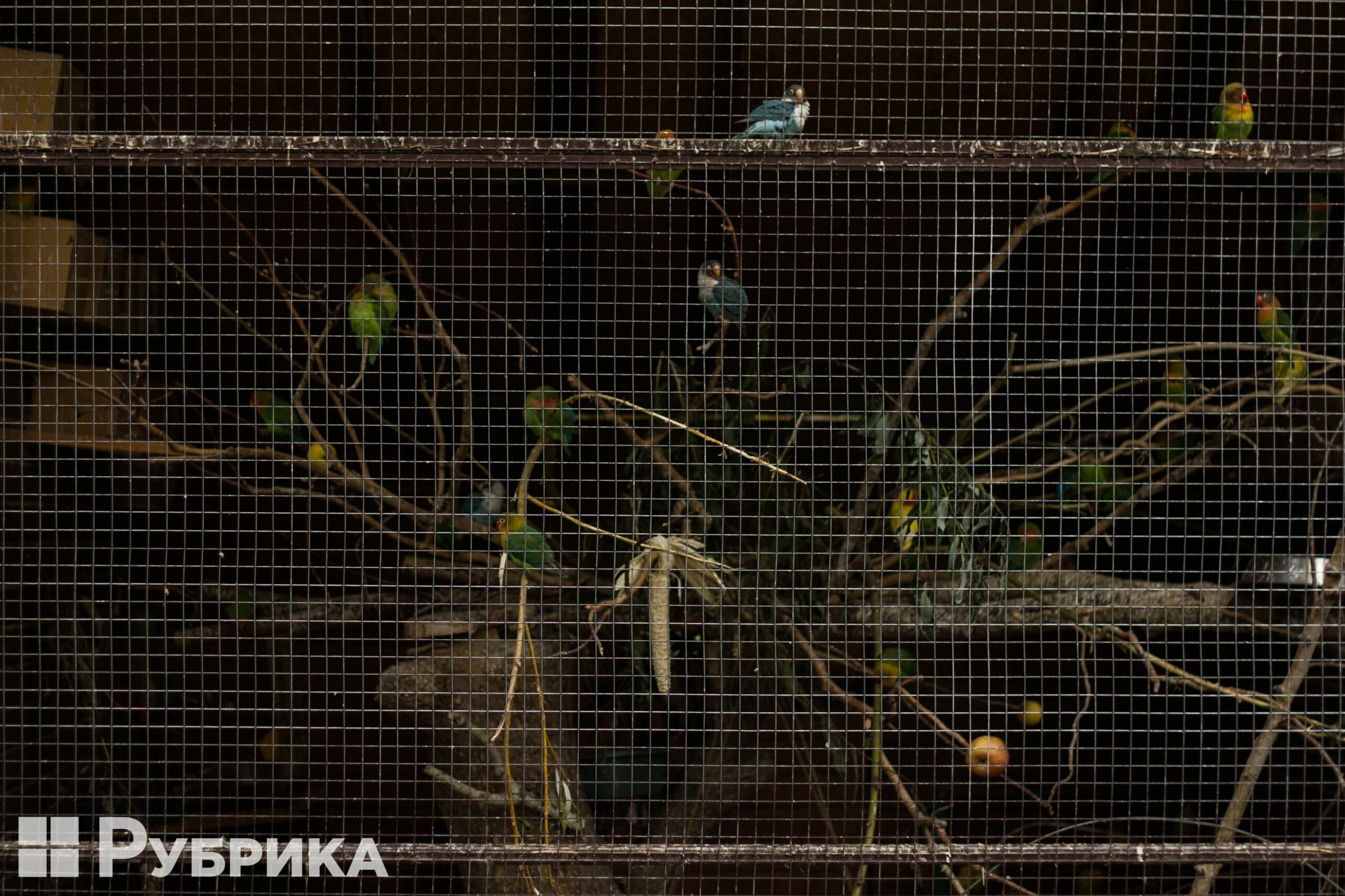
From 30 to 40 people go to work at the zoo every day. Among them are security guards, cleaners, landscapers, veterinarians, accountants, and others. Some of these people left at the beginning of the escalation, but most have already returned to work. Tetyana Ponomaryova is among those who continue to work. A woman from the Donetsk region. In 2015, she came to Lutsk, fleeing the war and the russian occupation.
"Now we have five IDPs working for us. The Lutsk Zoo received the first displaced person when military operations began in the Luhansk and Donetsk regions. Then Tetyana came to us for the first time.
She was walking in the park with her family and heard birds singing. She was very interested in what it could be because there was no such zoo in her town. And at that time, we had an announcement at the entrance that we needed employees. She came and said she wanted to work. She had no experience but was ready to learn. She started by preparing food for animals, but then she became interested in the department of primates and moved there. And in fact, it was she who raised this department.
I think that for those IDPs who came after her in this new stage of the war, she became insurance that they will definitely be supported here," the zoo director shares.
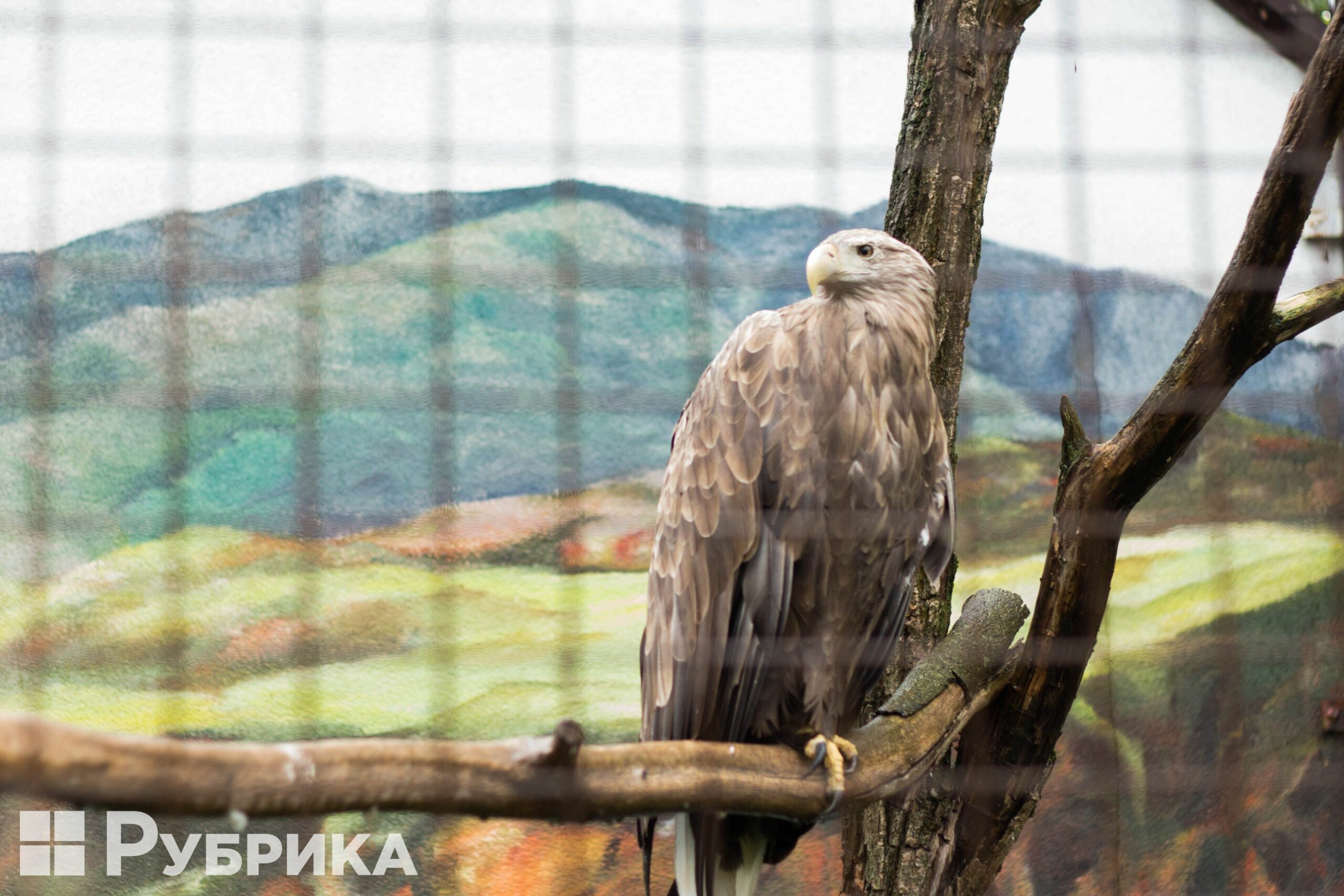
Lyudmila Denysenko emphasizes that no educational institution in Ukraine trains zoo workers. So this is a place where everyone can get their chance. Many employers do not risk taking IDPs into their teams, fearing they may suddenly decide to return home. However, Mrs. Lyudmila does not see the catastrophe in this.
"I myself believe that after communicating with animals, people will forget, at least for a few hours, what circumstances they escaped from and where they left. This is a good reason to accept IDPs into your team. I understand very clearly that they all want to go home and that this is a temporary phase in their lives. That there will be a victory for Ukraine, and they will rush home. And I will rejoice with them.
But I also understand that if we give them peace of mind, some kind of financial guarantee, that they will be able to pay for a room somewhere here, talk to someone, because many of us do not have friends or relatives in foreign cities. When I need an employee, I give everyone a chance. And I'm already looking at how a person manifests," explains Mrs. Lyudmila.
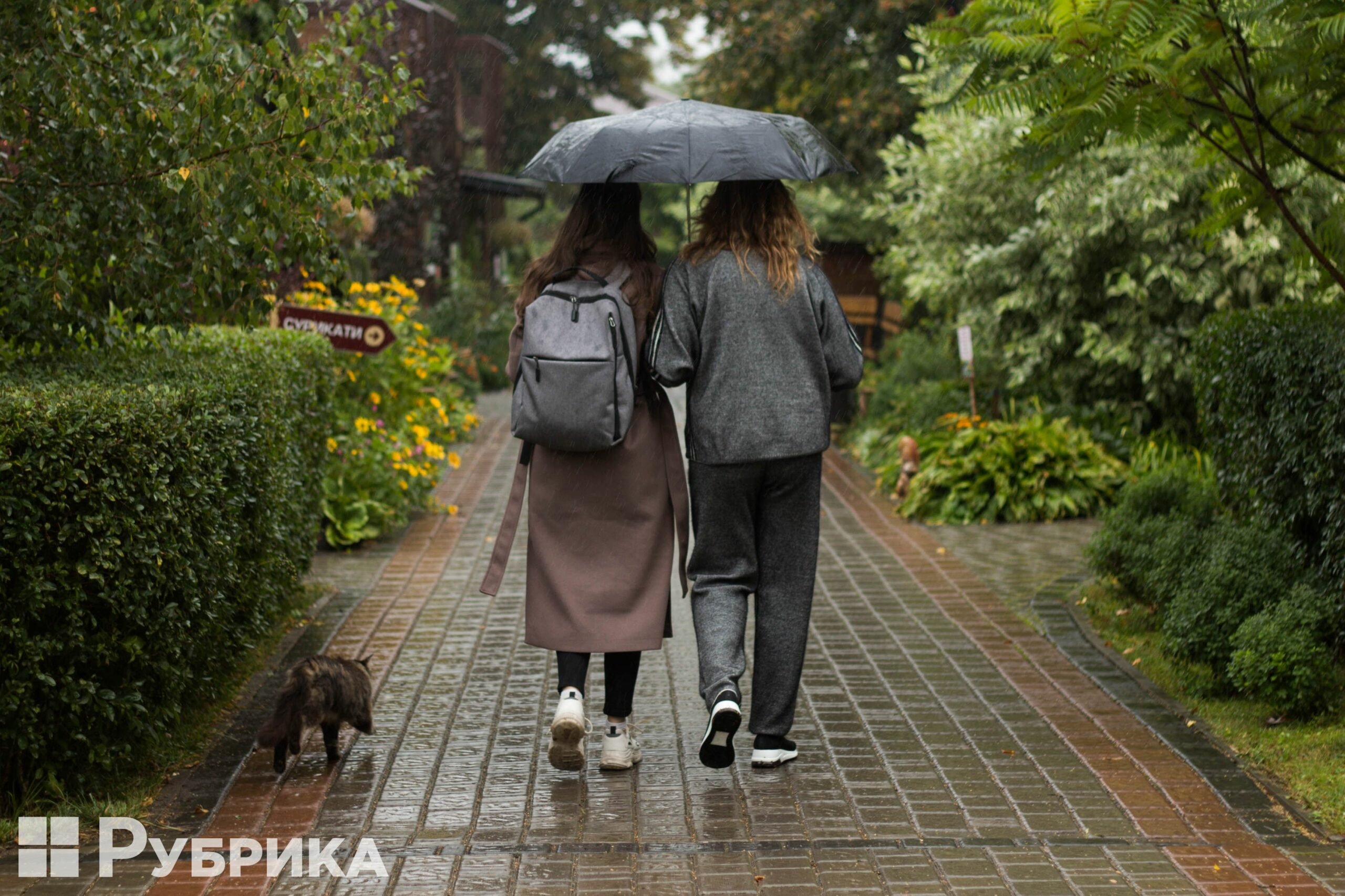
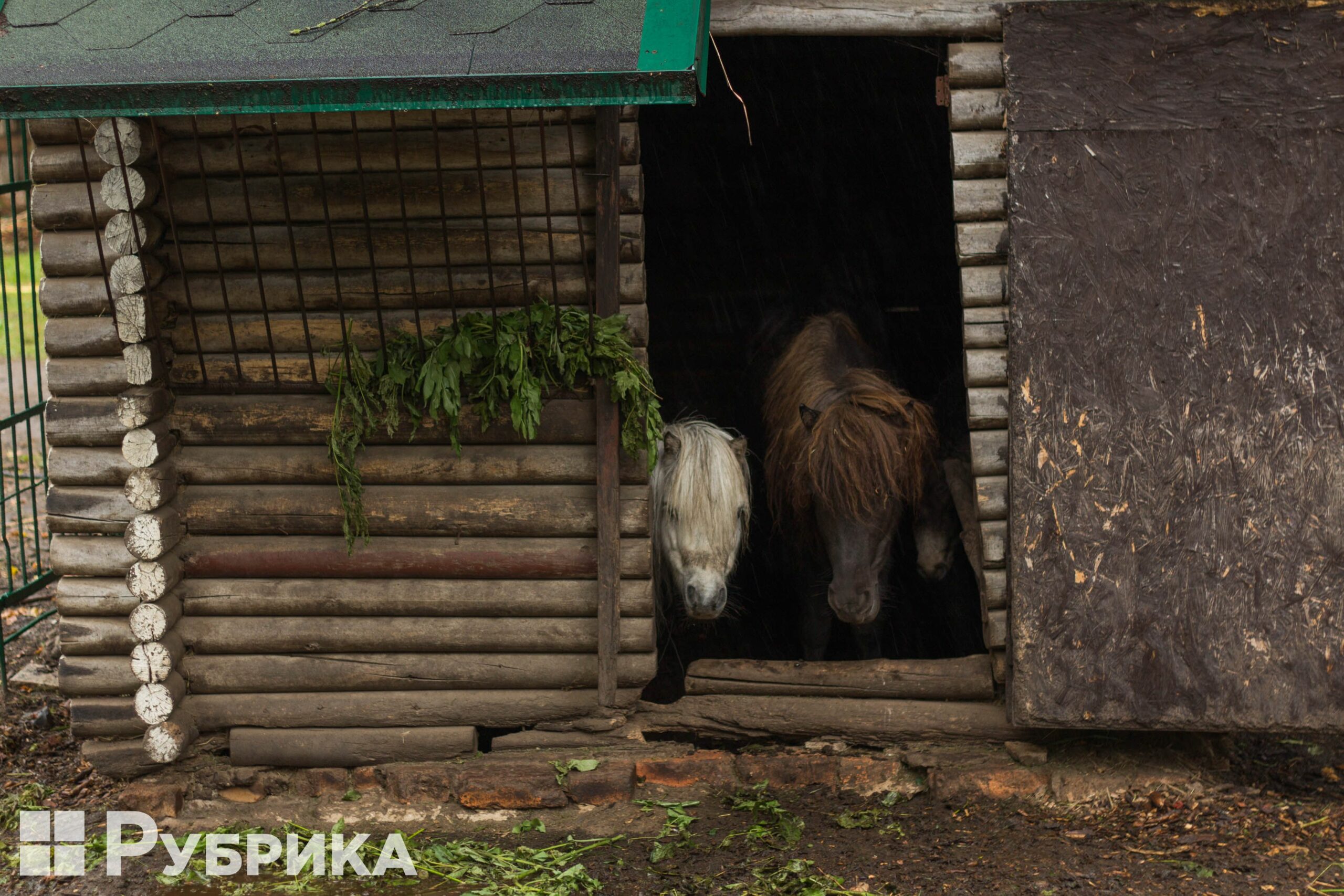
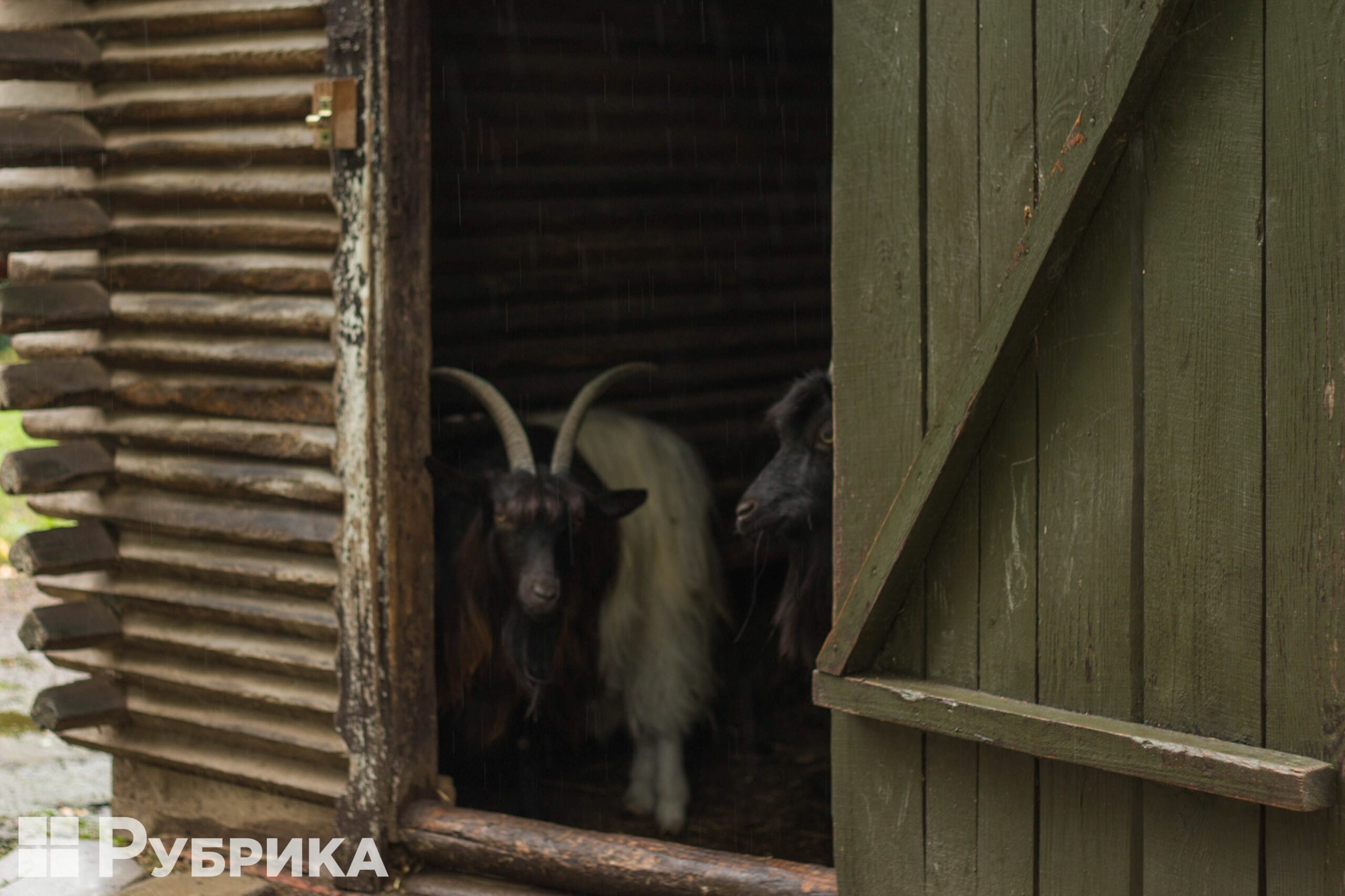
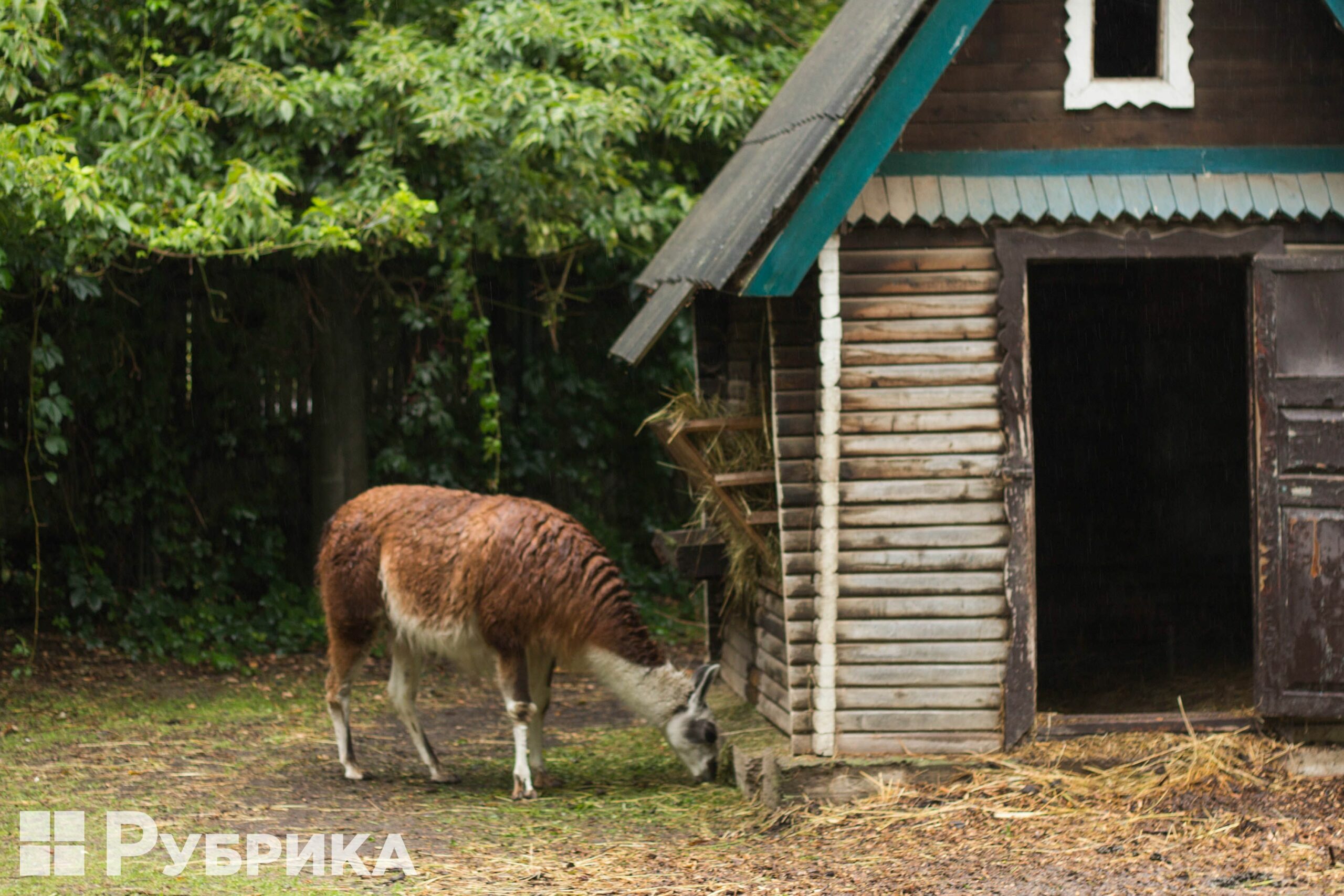
Currently, the Lutsk Zoo is home to over 2,000 animals of 146 species. The state finances 60% of it, and the remaining 40% it has to earn on its own. But during a full-scale war, it is more difficult. Mrs. Lyudmila says that those who care bring bread, small potatoes, extra carrots, uneaten sweets, and many other things to the zoo. However, more help is needed. There is not a single product that is not consumed by at least one of the zoo's residents, so it will be difficult not to guess.
If you want to support the zoo, see the link for more information on how to do so.
Newsletter
Digest of the most interesting news: just about the main thing









